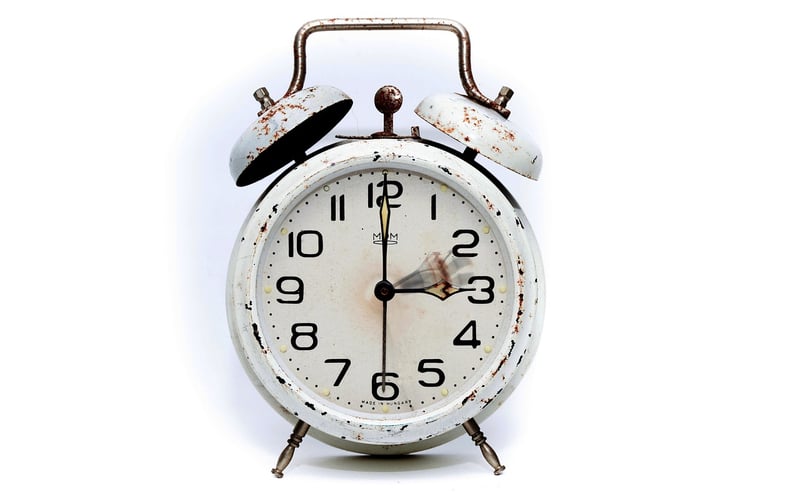Grandfather Paradox
The Grandfather Paradox: Navigating the Complexities of Time Travel
Time travel has long been a fascinating concept in science fiction, raising questions about causality and the very nature of reality. One of the most intriguing paradoxes associated with time travel is the Grandfather Paradox.
What is the Grandfather Paradox?
The Grandfather Paradox is a hypothetical situation in which a time traveler goes back in time and prevents their grandfather from meeting their grandmother, thus preventing the time traveler's own birth. This creates a paradox - if the time traveler was never born, how could they go back in time to prevent their own birth?
Navigating the Complexities
While the Grandfather Paradox may seem like a simple thought experiment, it raises profound questions about the nature of time and causality. Scientists and philosophers have proposed various theories to resolve or explain away the paradox.
1. Novikov Self-Consistency Principle
The Novikov Self-Consistency Principle suggests that any actions taken by a time traveler in the past would be predestined and would ultimately lead to the same outcome. In other words, any attempt to change the past would be futile, as the time traveler's actions would already be accounted for in the timeline.
2. Parallel Universes
Another popular theory is that time travel creates branching timelines or parallel universes. In this view, the time traveler's actions in the past create a new timeline that exists alongside the original timeline, allowing for consistency without paradox.
Conclusion
The Grandfather Paradox serves as a compelling example of the complexities and paradoxes that arise from the concept of time travel. While we may never know for certain how time travel would actually work, exploring these ideas can lead to fascinating discussions about the nature of reality and causality.

For more information on time travel and related topics, you can visit this Wikipedia page.
